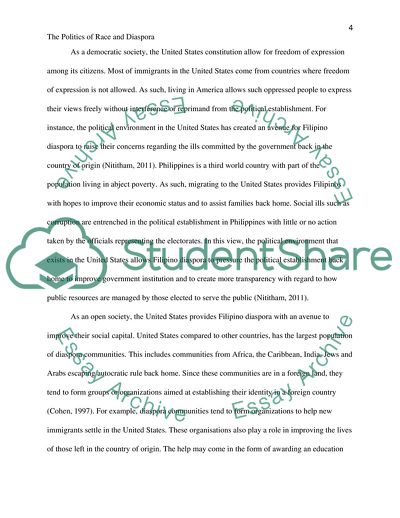Cite this document
(The Politics of Race and Diaspora Coursework Example | Topics and Well Written Essays - 3000 words, n.d.)
The Politics of Race and Diaspora Coursework Example | Topics and Well Written Essays - 3000 words. https://studentshare.org/politics/1837645-the-politics-of-race-and-diaspora
The Politics of Race and Diaspora Coursework Example | Topics and Well Written Essays - 3000 words. https://studentshare.org/politics/1837645-the-politics-of-race-and-diaspora
(The Politics of Race and Diaspora Coursework Example | Topics and Well Written Essays - 3000 Words)
The Politics of Race and Diaspora Coursework Example | Topics and Well Written Essays - 3000 Words. https://studentshare.org/politics/1837645-the-politics-of-race-and-diaspora.
The Politics of Race and Diaspora Coursework Example | Topics and Well Written Essays - 3000 Words. https://studentshare.org/politics/1837645-the-politics-of-race-and-diaspora.
“The Politics of Race and Diaspora Coursework Example | Topics and Well Written Essays - 3000 Words”. https://studentshare.org/politics/1837645-the-politics-of-race-and-diaspora.


